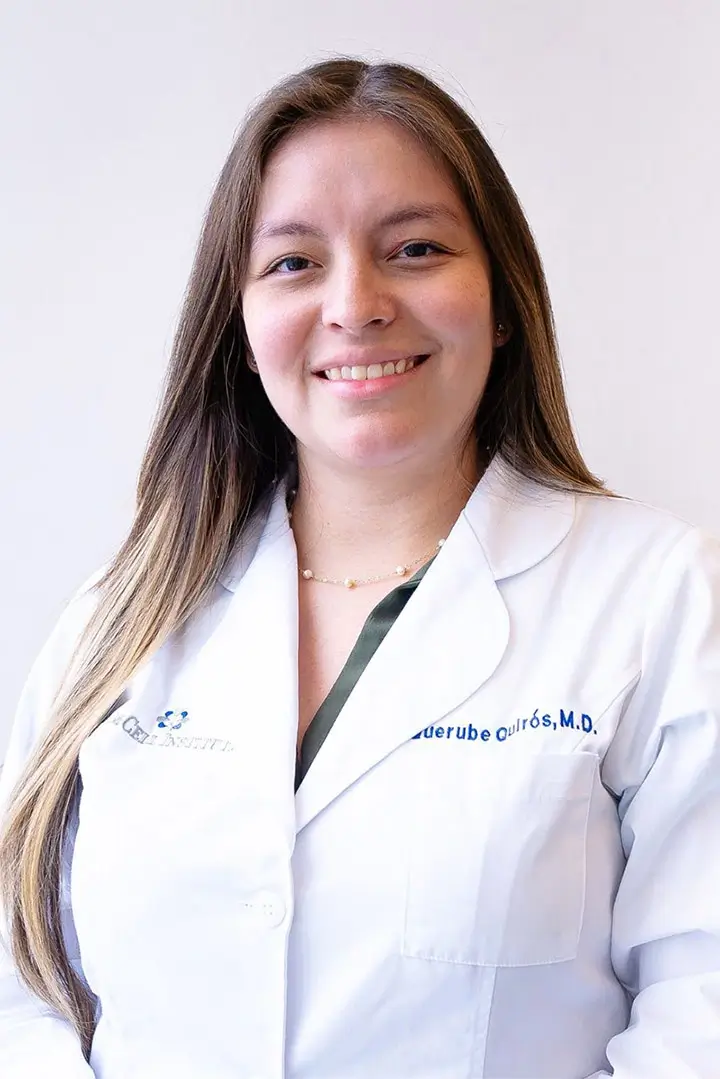Adult stem cells are being more and more used in patients
to achieve effects. In the treatment of patients with heart failure, Dr. David
Prentice, discussed two studies in which adult stem cells appear to have some
benefit.
The first study was the result of a Brazil-Florida joint
effort in which it was discovered that adult stem cells injected directly into
the heart could relieve angina. These data are not all that surprising given
that the first use of stem cells for heart failure involved a similar injection
procedure in Japan more than a decade ago. Stem cell administration for
cardiac conditions has been performed in numerous clinical trials, here is a
link to a video on a previously published Phase III study in patients who
previously had a heart attack
http://www.youtube.com/watch?v=flv0RmzPyLU
In the current study eight patients were received the stem
cell treatment and according to the principle investigator Dr. Nelson Americo
Hossne, Jr, all of the patients treated exhibited some degree of improvement.
The study suggested that the patients improved through stimulation of production
of new blood vessels. Furthermore, the authors believed that the cells and the
procedure used to administer them are safe and effective.
Dr. Hossne stated "For our patients, angina symptom
relief began as early as three months post-procedure with continuing improvement
through the twelfth month and sustained improvement past 18 months. Symptom
relief improved in all patients, suggesting that the effect is sustained, not
transitory."
The second study that Dr. Prentice discussed is from a
Chinese group in which the protein apelin was demonstrated to have an effect on
the ability of cardiac regenerative mechanisms. In the study, 20 heart failure
patients were treated with their own bone marrow, 20 received placebo, and 20
healthy patients were compared for control. All twenty of the heart failure
patients treated with adult stem cells showed significant improvement in cardiac
function within 21 days of treatment, while the standard medication patients
showed no improvement. The patients who received stem cells demonstrated a
significant increase in levels of apelin, which correlated with the recovery of
cardiac function.
Dr. Amit Patel, a world-recognized stem cell pioneer,
professor at University of Utah School of Medicine and an Editor of the journal
in which the papers were published stated: "Both studies demonstrate a
possible mechanistic approach in a clinical trial. These important findings
further enhance the understanding of the use of bone marrow derived cell therapy
for the treatment of cardiovascular disease."

